The President of the Women's Organization of the European People's Party (EPPW), the deputy Biro Rozalia (UDMR, Hungarian Democratic Union of Romania), participated in the Women Political Leaders (WRL) Global Forum that took place in Reykjavik, from November 8 to 10, a call for partnerships between EPPW and other international structures that represent the interests of women and seniors, in a cross-party manner.
"In a world where even today there are 24 ongoing wars and where the percentage of women leaders in politics is only 24%, one of our major goals - that is, of women in leadership positions and women's organizations - must be to promote as many women as possible in the political field, to provide them with the necessary support through mentorship for the purpose of a successful career in the political field, as well as to invite and determine the decision-making factors to sit at the negotiating table, a table at which the percentage of women to approach the percentage of men with the aim of making decisions that harmonize the priorities of women leaders and men leaders for a more peaceful world," deputy Biro Rozalia told a Friday's press conference in Oradea.
The Reykjavik Index, an international research on the presence of women leaders in the G7 and G20 countries, was analyzed during the Forum. Deputy Rozalia Biro requested the expansion of this research also in the EU countries of Central and Eastern Europe.
"According to this research, the perception of the community - from the G7 - regarding the presence of women leaders was 72% in 2018, increased to 73% in 2019, stagnated in 2019-2021 and decreased to 72% in 2022. Another conclusion that it emerges from the study that the 18-34 age group is much more skeptical about women leaders than other older age groups, those between 55-65 years and over appreciating women leaders the most," said Biro.
Another worrisome aspect, the deputy emphasized, revealed by this study, is the fact that women are less willing to get involved and compete to reach leadership positions, considering the long and arduous process of accessing the political scene, "a dimension in which one cannot advance on the basis of merit, but on the basis of subjective decisions".
In the panel on the social value of the work performed by women leaders, Biro Rozalia, as president of the Women's Organization of Hungarian Democratic Union of Romania (UDMR), presented the activity of this organization in various fields, which brought added value to the represented community. She gave as examples the campaign to reduce domestic violence and the activities to attract retired people with experience in the active life of the community. Biro Rozalia emphasized the need for collaboration between social networks - made up of women's organizations, pensioners' associations, specific NGOs, women's associations of churches - to harmonize their activities in the public interest, in order to cover as much as possible the needs of the community.AGERPRES

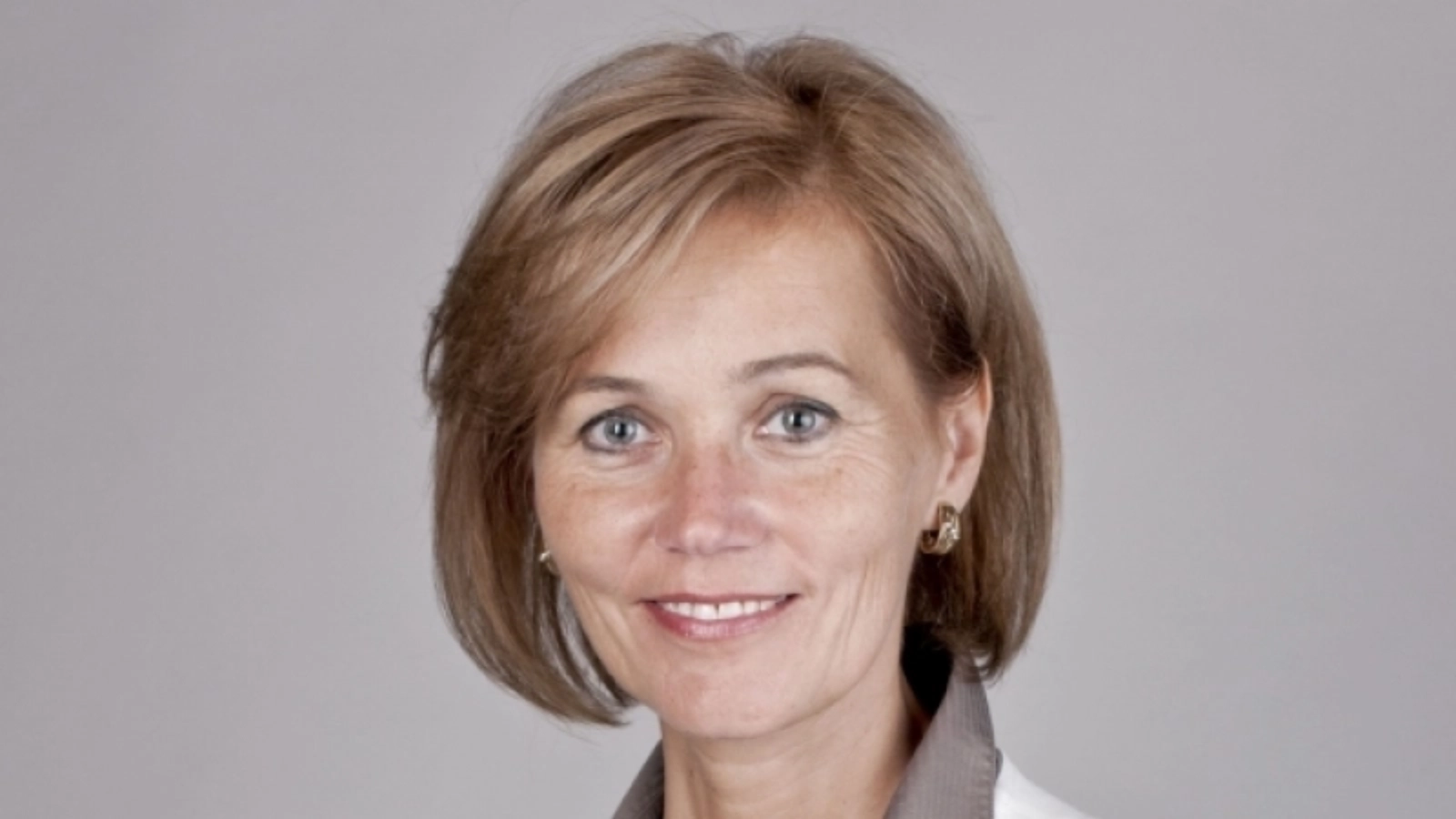

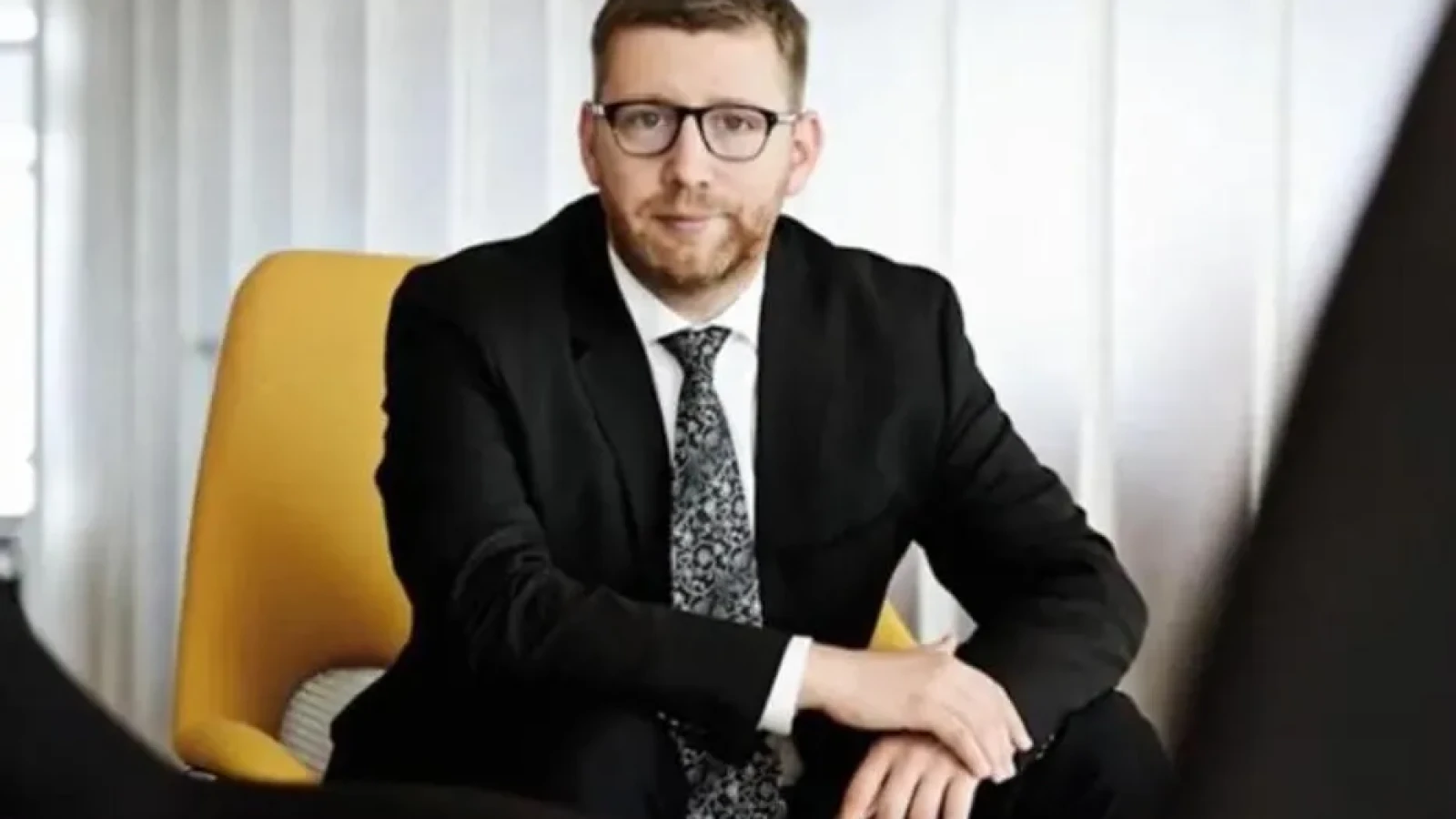

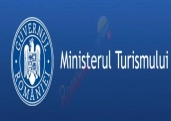
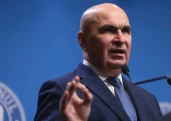
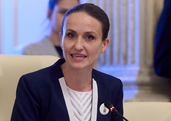

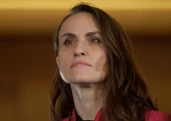



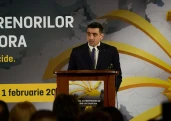
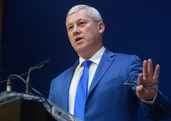

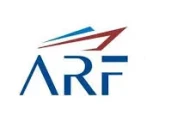














Comentează